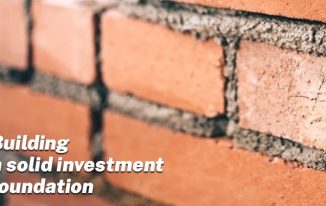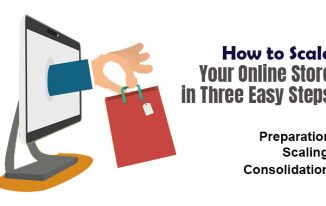It is a big decision to purchase a house for the first time, but there is no right time. It is all about individual preparation when it comes to taking the plunge. When they invest in a property, many potential homebuyers try to forecast whether house prices will rise or decrease and pay attention to mortgage rates. It would be best to read online mortgage companies reviews to know about the different package each company offers.
There are crucial steps to take to decide whether the time to purchase a house is appropriate. But the best time to buy a house to afford this is when you can.
When you are contemplating buying a house or checking if the prices are increasing or decreasing, know that the best time to buy a house is when you can afford it. On Britainreviews, there are various reviews about housing companies that you should read about before buying a house. If borrowers also have a strong credit score and little debt, they can explore their loan options and take advantage of low-interest loans.
How does home buying works
The type of loan a home purchaser chooses affects the long-term cost of the home. There are different mortgage loans choices, but the most affordable option for homebuyers is a 30-year fixed mortgage rate. The rate would be higher than a loan of 15 years, but a 30years fixed rate will not pose a risk of potential rate shocks. There are other kinds of mortgage loans, prime mortgage loans, subprime, and “Alt-A” mortgages.
The prime mortgage loan
According to the Federal Reserve, a borrower must have a high credit rating of normally 740 or higher and must be largely indebted to qualify for a prime residential mortgage. It also takes a significant down payment for this type of mortgage of between 10 and 20%. Since debtor borrowers with good debt rates are known to be relatively low risk, the correspondingly low-interest rate for this kind of loan is generally able to save the borrower thousands of pounds throughout the loan.
The subprime mortgage loan
On the other side, subprime mortgages are sold, depending on the lender, to borrowers with lower credit rates. The increased risk to lenders will lead to an interest rate of 8 per cent to 10 per cent on these loans. This category includes Adjustable Rate Mortgages (ARMs). The loans frequently begin at a low-interest rate, but the mortgage payments will rise significantly until the loan is converted to the highest variable rate.
And if you have a loan, you can still be eligible to receive a prime mortgage from another lender if your credit score is decent.
Alt-A mortgage loan
Alt-A mortgages are usually low-docs or non-docs, meaning that the lender requires little paperwork to confirm that the borrower can pay the credit. Usually, Alt-A creditors have at least 700 credit values. Loans also permit lower payments. These loans are useful for those who receive enough money but cannot provide proof, as they sporadically earn them. This group can include some self-employed persons. Depending on the lender and the borrower’s condition, interest rates appear to be between 5.5 to 8%.
Buy a home when you can afford it
If you can afford to do so, do not try to time mortgage rates and home values. The best way to decide when to buy a house is when you see a good place, and you are financially stable, buy it! Because you cannot predict the perfect time.
Consider the following tips for saving money when you buy this home:
- Do not buy the largest or most luxurious home on the block if you intend to resell in the future. These homes are generally the least valued and the greatest obstacle in seeking a vendor. Often the smallest or least costly house on the block is the most valuable.
- Search property taxes, public service expenses, and association fees for homeowners.
- Employ an inspector before you buy a house.
- Six months before your house purchase, do not make big purchases (car, boat, etc.) or open a new credit card. This could be seen for your lender as an elevated risk.
- When you want to purchase your house, base it on a price-per-square-foot basis. Use a certain number to show the seller you have done your homework to determine the house’s worth.













